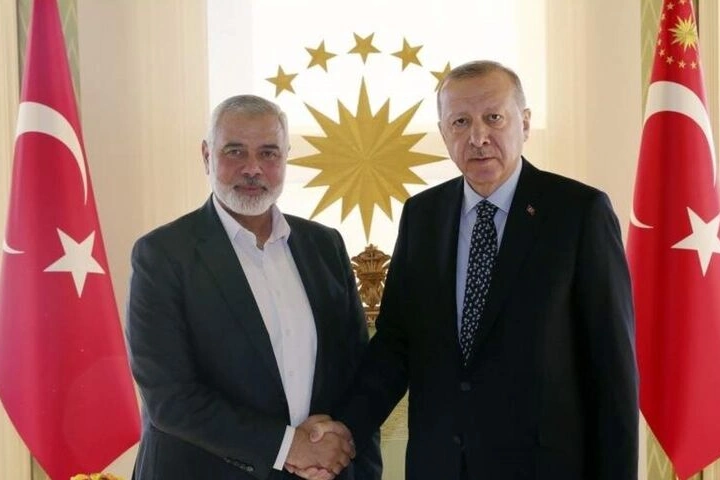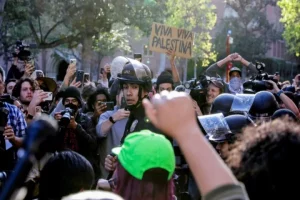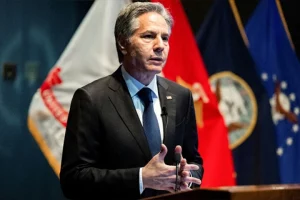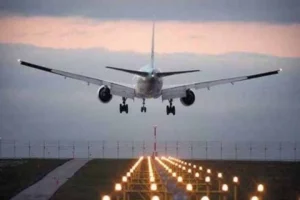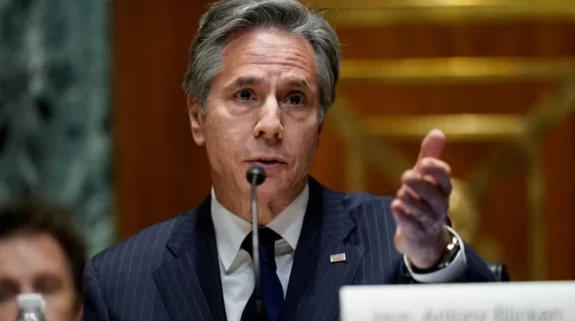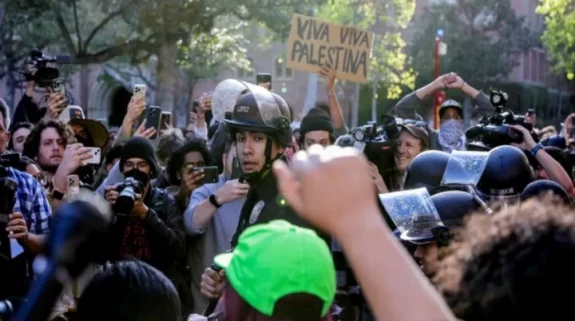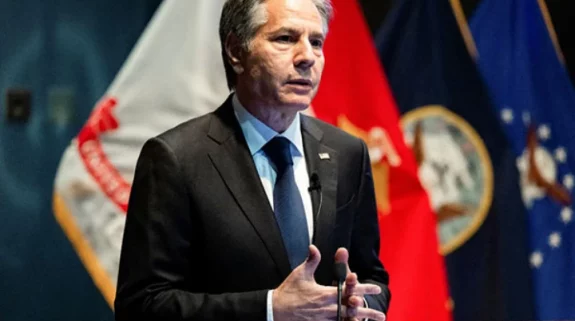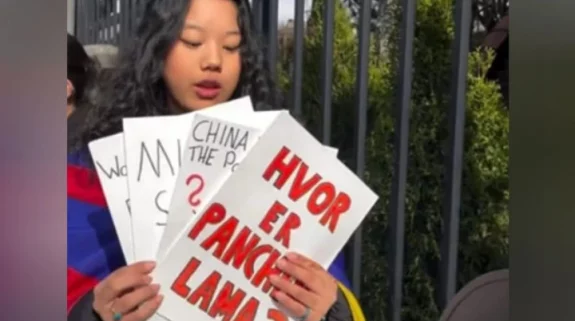To solve the ongoing Israel-Hamas conflict, Turkey is one of the channels to communicate with senior Hamas leadership. The “Turkish channel” finds its basis in Ankara nurturing Hamas as a close ally, or as some commentators construe, a strategic asset, to widen Turkish President Recep Tayyip Erdogan’s regional influence in West Asia.
The cradle of both Hamas and Erdogan is the same: the doctrine and practice of the Muslim Brotherhood, the Egyptian origin ideological Islamist organisation that has shaped many a Muslim political leaders, scholars and outfits world over.
#BREAKING #Israel #Turkey #Hamas
According to sources cited by Al-Monitor, Turkey has asked the leader of Hamas, Ismail Haniyeh, to leave the country because they are “unwilling to appear to still be protecting Hamas after the group’s killing of Israeli civilians.” pic.twitter.com/QfaLBTYP77— Insightful Informer (@InsightfulInf) October 23, 2023
With his roots in Rize, downtown Turkey, Erdogan’s first kick at recognition was football. However, he was also taking lessons or making networks in religious circles through different veins of Brotherhood-linked or inspired figures and organisations.
After an active stint in Turkish nationalist (Kemalist) student politics, Erdogan joined the Welfare Party, an Islamist outfit. It was during his association with this party that he travelled to Pakistan and Afghanistan in the 1980’s and met mujahideens and several Islamist figures of Pakistan. His photograph sitting at the feet of Gulbuddin Hekmatyar along with now jailed Tunisian Islamist (of Ennahda party) Rached Ghannouchi exists as a postcard from Erdogan’s Islamist past.
Then in a 2002 rally he was heard raising a cry: “The mosques are our barracks, the domes our helmets, the minarets our bayonets and the believers are soldiers.” The memory is rekindled whenever the commentaries critical of Erdogan appear.
The birth of Hamas by leaders and circumstances coincided with the rise of Erdogan in the 1980’s. Hamas was founded by Sheikh Ahmed Ismail Hassan Yassin, a quadraplegic wheel-chair bound conservative cleric and politician from the Gaza Strip. Several theories exist about Hamas’ establishment, most popular being that it was founded by secret Israeli agents as a front to counter late Yasser Arafat-led Fatah which was till then a premier Palestinian fighting force against Israel. Hamas on the other hand denies it and has exhorted researchers to carefully study the background of all its founding leaders.
Hamas, says one report, has been a later day version of the Islamic charity Mujama al-Islamiya which too was founded by Yassin in 1973. He founded Hamas in 1987 at the time when the First Intifada broke out. It was then seen as a “paramilitary wing” of the Brotherhood.
Turkey-Hamas Relations
Turkey’s recent relations with Hamas dates back to 2006 Palestinian elections when the latter emerged victorious, dislodging Fatah’s grip over Palestinian leadership. Despite a bloody war between Hamas and Fatah for control, Turkey backed and recognized Hamas, being the only Nato country to do so.
Several Hamas cadres were reported to be in regular contact with the Turkish leaders then and later it became a routine for them. Even in Qatar, where Hamas opened its office formally and made the country a base for its political operations, Turkish influence is more than visible. Pictures of Erdogan can be found even in salons and window panes of cars.
However, the relationship shot to prominence when a Turkish flotilla MV Mavi Marmara heading to Gaza tried to break into the Israeli Navy’s blockade in 2010 and a total of 10 Turks lost their lives. Israeli allegation was that boats were carrying “ammunition” for Hamas. Erdogan pursued the matter vociferously and years later until the compensation was paid to the families of victims, diplomatic ties were not restored.
Parvez Bilgrami, an expert on Turkish and West Asia Affairs who writes for various Turkish publications, says that the period pre-and-post Arab Spring was the most fertile for Turkey to forge ties with various actors and expand its regional significance. “Ankara not only cultivated Hamas during this period. It spread its wings to Libya, Syria, Azerbaijan, Lebanon, Iraq and Somalia. Ideology (Islamism) must have surely played a part in this endeavour as it smoothens the diplomacy,” he told India Narrative.
Road signs in Turkey: “Hamas is a peaceful organization” pic.twitter.com/1dgrBXJwqg
— Sue (@SimplySusie3) October 21, 2023
Taha Ozhan, research director at the Ankara Institute, confirms that Turkey has nurtured Hamas as an asset in recent years. “Turkey has been maintaining a regular communication channel with Hamas for the last 17 years. In fact, during some past years, Turkey has been the only country who had invited Hamas leadership,” he said.
Top rungs of Hamas – Khaled Mashal, Ismail Haniyeh and Saleh al-Arouri – are said to be carrying Turkish passports. They have reportedly used these passports to travel to Iran and Syria.
In a 2018 tweet, while addressing Israeli Prime Minister Benjamin Netanyahu, Erdogan had said, “Hamas is not a terrorist organisation and Palestinians are not terrorists. It’s a resistance movement that defends the Palestinian homeland against an occupying power.”
Interestingly, all these years, Ankara has also maintained trade ties and military cooperation with Israel. Most of its tanks have been upgraded by Israeli companies, and the same is said about its Air Force whose might is only second to Israel’s in the region.
👨⚖️ “Turkey sincerely wishes the United States to succeed in Iraq.”
⚠️ “Turkey will not allow anyone to threaten the right to life of the state of Israel.”
… 2003.
#turkey #israel #gaza #hamas pic.twitter.com/OVRRz6aCth
— Action And Laughs 🚀 (@Drawingart111) October 22, 2023
As Israeli forces pounded Gaza after October 7 attacks, Istanbul was one the foremost cities that witnessed large protests against Israeli bombardment. Erdogan himself has launched a barrage of condemnation.
However, as the conflict continues to rage, with little emerging from international efforts to halt killings in Gaza, and the West Bank, Ankara seeks to use its “access” to Hamas leadership to broker truce. It’ll help Erdogan save Hamas for another day.






